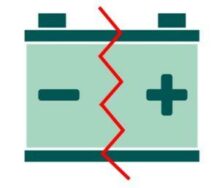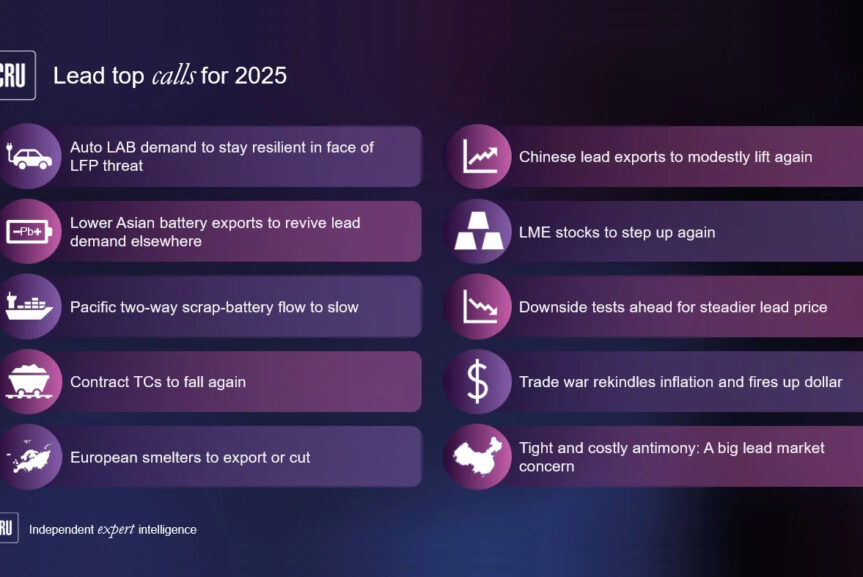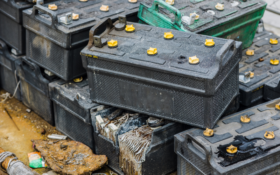A United Nations-backed international study group has joined international criticism of moves by European regulators towards banning lead.
The European Chemicals Agency (ECA) said last month it was adding lead metal to the European Union REACH (Registration, Evaluation, Authorisation and Restriction of Chemicals) candidate list of substances requiring authorisation.
But Giancarlo Urbani, who chairs the International Lead and Zinc Study Group’s (ILZSG) mine and smelter projects committee, said the body opposes the ECA’s decision.
The move “undermines the EU’s industrial competitiveness, particularly in the case of the European battery manufacturing and metal recovery/recycling sectors, without reducing the risk to human health and the environment”, Urbani said.
In a presentation distributed to the ILZSG, Urbani added: “The use of the REACH authorisation process, to further regulate lead metal protecting the health of workers and consumers, would be disproportionate to the additional benefit obtained.”
“Proper enforcement and implementation of existing legislation would be more effective risk management.”
The Lead REACH Consortium— which represents battery makers, lead producers and recyclers— told BEST Battery Briefing last month that banning a key substance in battery manufacturing was a “backward step that flies in the face” of the batteries action plan launched by the European Commission just weeks earlier.
The Consortium is calling on the European Commission to “urgently find a more appropriate mechanism to address any residual exposure concerns because REACH authorisation is clearly counterproductive”.












